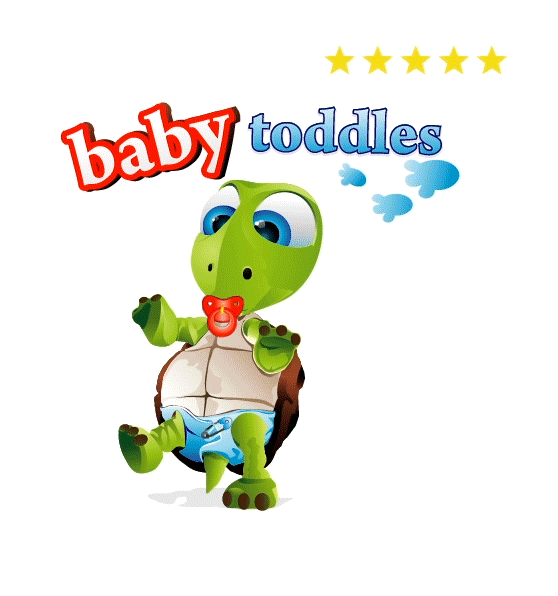Blog
Ovulation Cycle
To be able to have the best opportunity of conceiving it will help you to appreciate the specific science associated with the ovulation cycle in order for you to have a much better idea of when you are most fertile. Your time cycle is influenced by the things that take place in your everyday life even though it occurs every month it is unique to you and customized to your body. Elements like stress and big changes in your regular routine can bring about a tremendous difference in the ovulation times cycle, which in turn can be unpleasant if you are trying to get pregnant.
For the cycle of ovulation the follicular stage will be the first part. From the first day of the menstrual period the follicular phase starts and it will continue until ovulation takes place. In between 7 and 40 days is the duration that this stage lasts for although this can alter a result of a number of complications, for instance sickness, age, travel, and so on in addition to important variations in daily living for instance changing house which may result in emotional stress etc.
The next phase of the cycle is the luteal phase that commences from the beginning of ovulation and keeps going until the start of your period. This particular stage is a lot more precise time wise and will typically last between 12 and 16 days after the day when ovulation begins. Bearing this in mind, you can try to lower the level of pressure and changes in your daily routines just throughout the ovulation stage; due to the fact ovulation is highly affected by these variables.
Once you start ovulating is there a way of knowing? One way to keep track is by means of the study as well as monitoring of cervical mucus and/or basal body temperature to discover whenever ovulation happens. When you have found out your distinctive pattern of events you can monitor this monthly so that you can track when you’re at your most fertile. With this particular practical knowledge, it is possible to time your “baby-making” sessions after which look for any early signs of pregnancy two weeks later. Obviously, how often and when will be the best time to get pregnant could possibly be different for different individuals depending on their particular individual situation?
If the egg remains unfertilized throughout the ovulation cycle, it’s going to be noticeable that the hormonal levels will decrease a great deal and the uterine lining will begin to shed. Day one of the cycle of your monthly period would be about 12 to 16 days subsequent to ovulation. A brand new ovulation cycle begins when this happens.
All this might appear to be bewildering and relatively challenging in the beginning although being aware of and understanding your ovulation cycle will permit you to have the best opportunity of fast conception.

